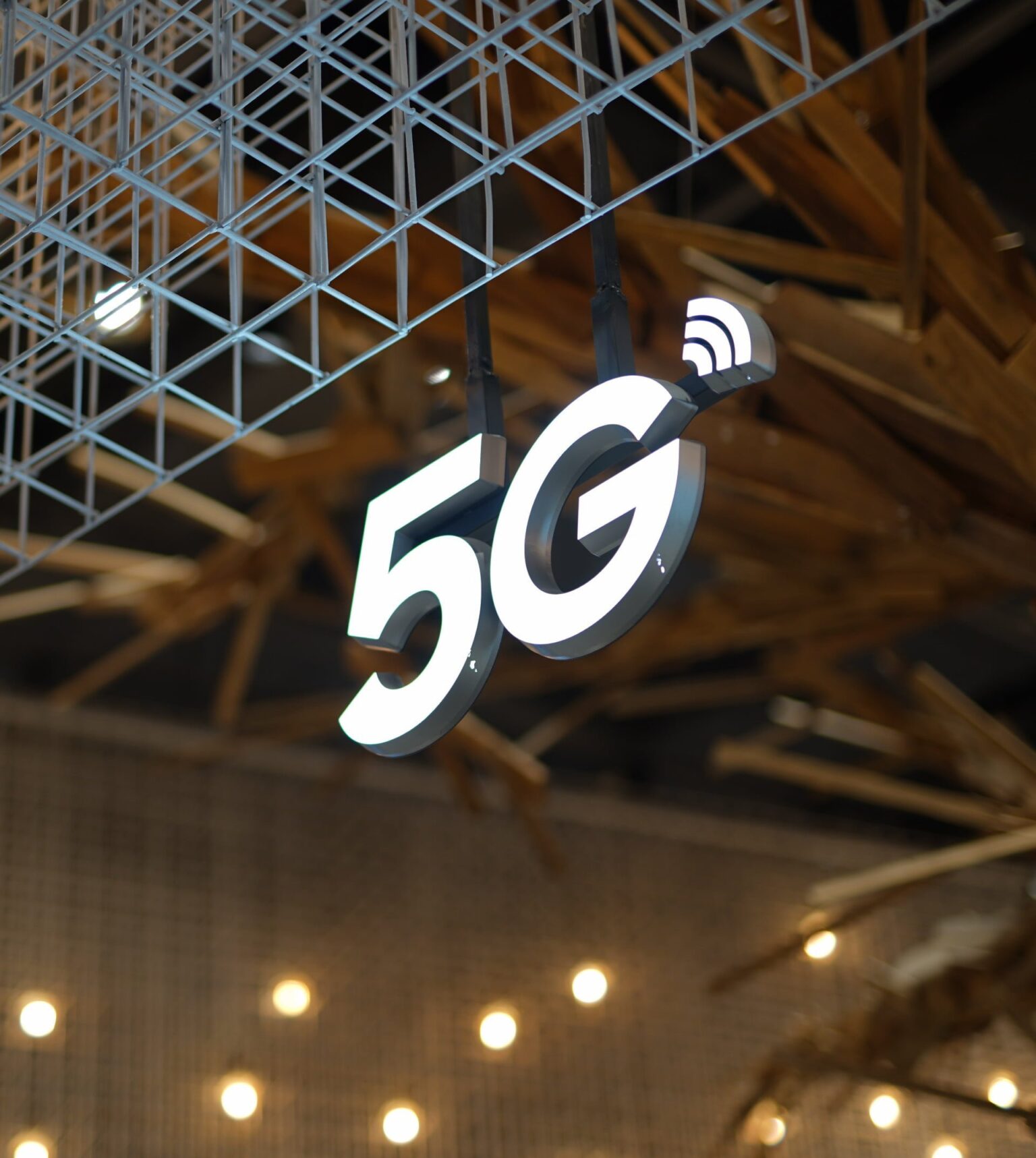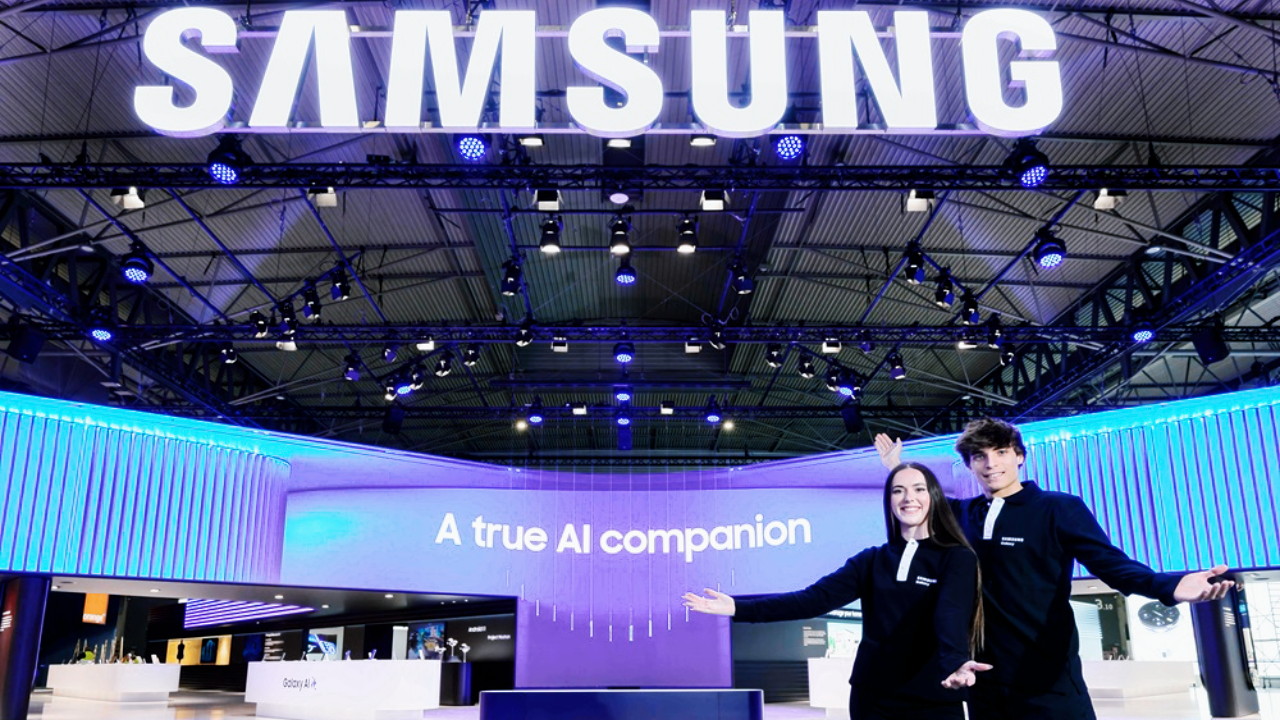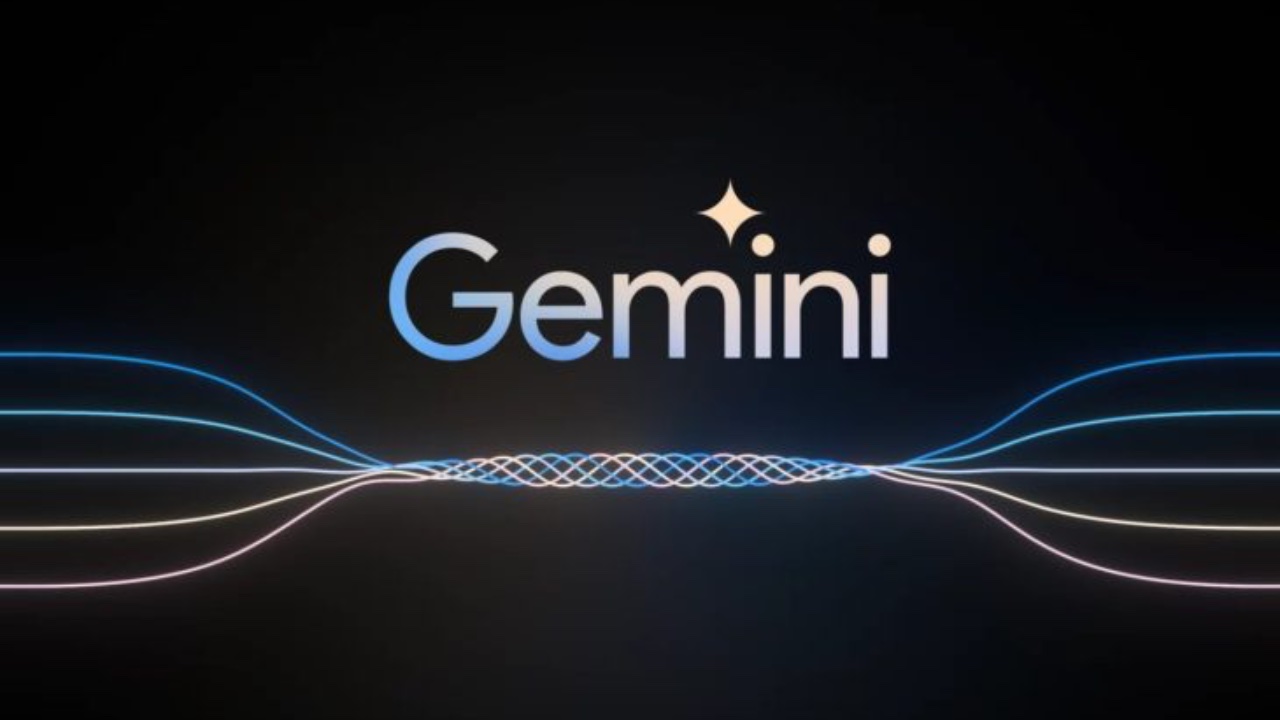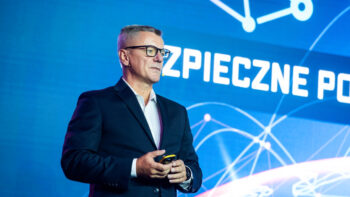The newly formed UK mobile operator, the result of a merger between Vodafone and Three UK, has outsourced the construction of its 5G network to Ericsson and Nokia. The multi-year contracts, estimated to be worth billions of pounds in total, are crucial to the future of the UK’s digital infrastructure and represent a significant win for both Nordic providers in the face of global market uncertainty.
Following June’s announcement of a £15 billion merger, the combined forces of Vodafone and Three UK (operating under the working name VodafoneThree) have unveiled an ambitious plan. The company intends to invest £11 billion over the next decade to create one of the most modern 5G networks in Europe. A key element of this strategy is the choice of technology providers.
Ericsson was the main beneficiary of the new deal. The Swedish conglomerate has secured a contract worth around $1.3 billion. The contract covers the upgrade and construction of radio infrastructure (RAN) in key locations including London, Edinburgh, Cardiff and Belfast. Ericsson will deploy its latest solutions, including smart antennas and energy-efficient AI-supported equipment, which is expected to translate into a significant increase in network speed and reliability for customers.
The second strategic partner has been Finland’s Nokia, for whom the deal marks a return to being a key supplier to Vodafone and Three in the UK market. Although the company has not disclosed the value of its contract, its scope is significant. Nokia will be responsible for supplying RAN equipment and core network (core network) components to around 7,000 sites across the country. This is an important signal to the market, confirming the competitiveness of Finnish technology.
VodafoneThree’s decision to base its future on Ericsson and Nokia technology is significant for several reasons. Firstly, it consolidates the position of the Nordic companies in one of Europe’s largest telecoms markets, especially in the context of the earlier exclusion of China’s Huawei from building a 5G network in the UK.
Secondly, it provides a boost to both providers, who have recently struggled with the global slowdown in investment in the telecoms sector. Securing such large, long-term contracts provides them with stability and revenue predictability in an uncertain economic environment. For UK consumers and businesses, delivering on the promises made by VodafoneThree could mean faster access to advanced digital services and a real acceleration of the country’s technological transformation.












